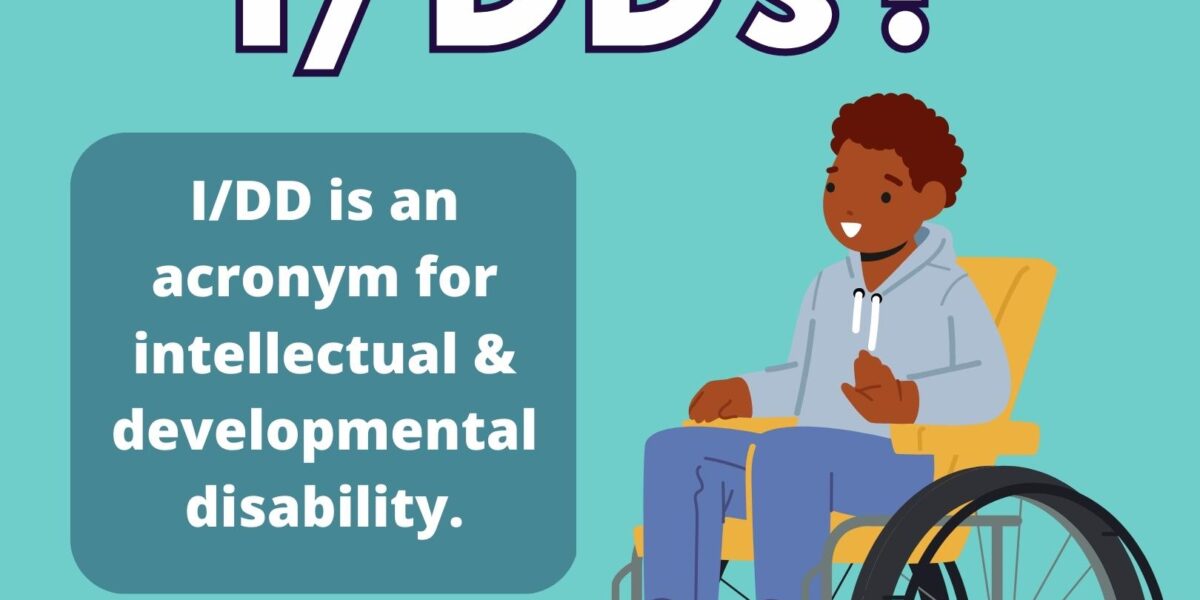An infant with hypoxic-ischemic encephalopathy (HIE) may experience a wide range of cognitive and/or intellectual impairments later in life. The terminology surrounding intellectual and developmental disabilities can be somewhat confusing, we aim to provide a brief explanation of the differences between them.
 Intellectual disability
Intellectual disability
Intellectual disabilities are significant limitations in both intellectual functioning issues (reading, attention, etc.) and adaptive behavioral issues (practical skills, social skills, managing money, etc.). By definition, intellectual disabilities arise before a child is 18 years old. Typically, individuals with intellectual disabilities require supportive programs throughout their adulthood.
Developmental delay
A developmental delay occurs when a child misses developmental milestones at a particular age. Sometimes these go away when a child continues to grow. If they persist, the child is then said to have a developmental disability.
Developmental disabilities
Developmental disabilities are severe long-term disabilities that can impact cognitive abilities, physical abilities, or both. These appear before a child is 22 years old; it is likely to be lifelong and is not expected to improve. People do not simply outgrow developmental disabilities, though they can make progress in certain areas. The term “developmental disabilities” includes intellectual disabilities and they often co-occur, which is why they are commonly addressed together.
Testing for Intellectual Disabilities
 The diagnosis of intellectual disabilities requires three key elements:
The diagnosis of intellectual disabilities requires three key elements:
- IQ scores below 70
- Demonstrated difficulties with two or more specific areas of adaptive behavior
- Onset of disability before age 18
While a child with HIE may not always have a cognitive impairment, a significant portion do. The more severe the oxygen-depriving episode, the more likely a child may have a cognitive disability.
Conditions associated with intellectual and developmental disabilities (IDDs)
Cognition covers a very broad range of the brain’s processes, so a cognitive disability might impact numerous different functional areas of the brain, including comprehension, planning, reasoning, decision-making, emotional processing, reading, learning, attention, computation, memory, problem-solving, recognition, speech/language, and executive functions. Cognitive impairments can therefore be associated with other conditions (comorbidities) such as:
 Anxiety disorders
Anxiety disorders- ADHD
- Behavioral difficulties
- Mood disorders (such as depression)
- Fatigue
- Psychological disorders
- Sleep difficulties
- Autism spectrum disorders
Individuals with cognitive or intellectual impairments can benefit from supportive services, as well as specialized education plans (IEPs) to maximize their functional abilities. These educational plans include input from a number of professionals, including occupational therapists, physical therapists, doctors, psychologists, special education teachers, and speech/language pathologists. The Americans with Disabilities (ADA) Act and the Individuals with Disabilities Education Act (IDEA) set forth ground rules for providing services and educational tools to individuals with disabilities.
Early detection of I/DD
 Cognitive disabilities can be difficult to detect while a child is very young; typically, parents bring up concerns with their pediatrician when their child does not meet developmental milestones.
Cognitive disabilities can be difficult to detect while a child is very young; typically, parents bring up concerns with their pediatrician when their child does not meet developmental milestones.
Another helpful thing for parents to note is whether the child responds to environmental stimuli. If the child doesn’t respond or doesn’t seem interested in what’s going on around them, this may be a cause for concern. In an infant, a lack of response to a parent’s touch or the sound of their voice is cause to go to a doctor immediately.
Other signs of cognitive impairments can potentially include:
-
- A child disliking being touched
- Delays in language
- Slower learning than other kids their age
- Trouble with concentration, attention, or learning
- Trouble with processing and applying information
- Outbursts and poor temper
- Poor memory
- Trouble with social interactions
- Trouble speaking or responding to other people
- Trouble with adaptive or daily living skills
Sources
- Morin, A. (n.d.). What You Need to Know About Developmental Delays. Retrieved March 20, 2024, from https://www.understood.org/en/learning-attention-issues/treatments-approaches/early-intervention/what-you-need-to-know-about-developmental-delays
- IDD: Diagnosis. (n.d.). Retrieved March 20, 2024, from https://childmind.org/guide/intellectual-development-disorder/diagnosis/

